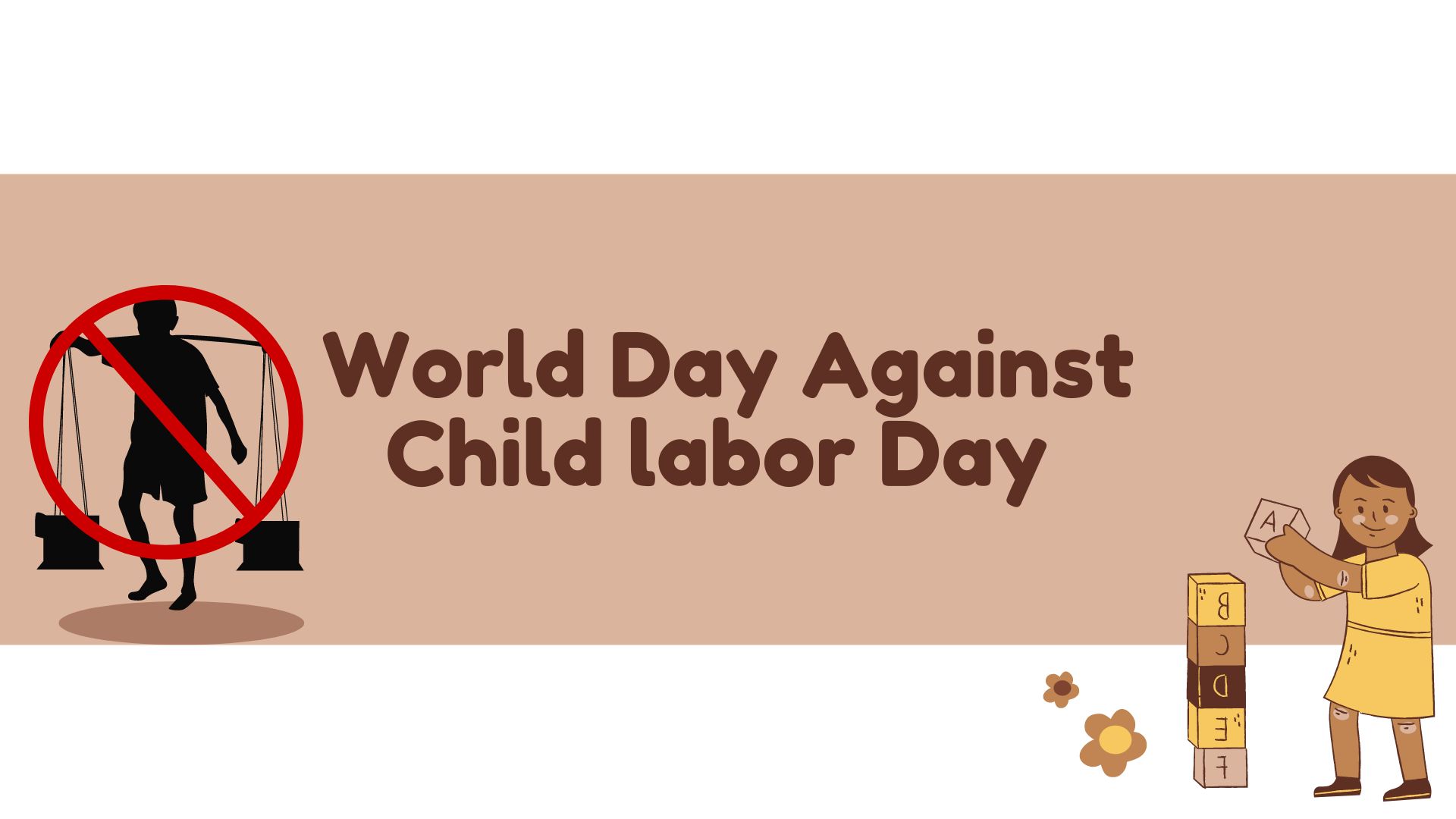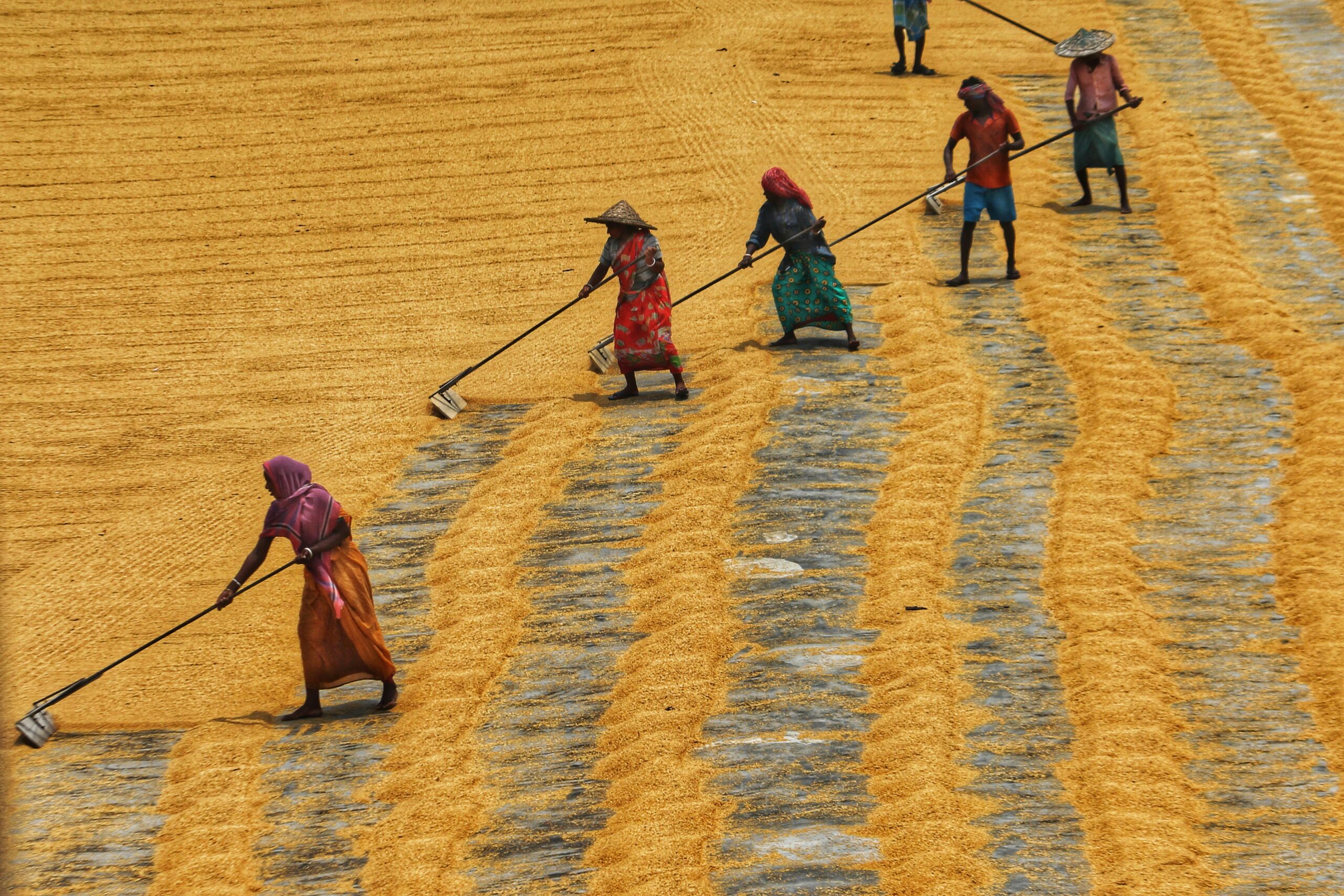Feminization of the workforce accompanied by increasing informalisation is an emerging phenomenon across Indian industries- from garment to electronics to agriculture.
Faced with stiff global competition, ensuring minimal rights and protection of these women workers (such as job security, maternity leave, on-site childcare provisions, etc) therefore remains highly ‘unlikely’. The pandemic has amplified these challenges, thereby further declining the workforce participation rate of women in India, has further widened the workforce gap between men and women. Only 40% of the women employed in December 2019 were still employed, compared to 88% of men as of August 2020 in India.[1] Growing focus on development through the establishment of mass-producing industries on ‘people’s lands’, further displaces these women and their families these women and their families are displaced without agency to secure alternative land/ livelihood, compensation, and remedy. This situation is exacerbated with the intersection of religion, caste, and class in the Indian context.
The Problem:
Gendered social relations imply that women and men are differently impacted by industrial development and related projects. Despite this, gender responsiveness in human rights due diligence processes and business operations still struggles to find a mention. Consequently, it is witnessed that women remain mostly marginalized in stakeholder engagement; and sustainability shareholders thus miss out on understanding the gendered social context, their impact on women and other communities, and their effective remedies.
Way Ahead:
It, therefore, becomes critical for shareholders of sustainability to ensure integration of existing knowledge of gender into BHR. This calls for gender-responsive assessment, gender transformative measures, and gender transformative remedies in business policies and operations. It has to be acknowledged that the understanding of gender in Business and Human rights should be grounded in international frameworks and work towards substantive gender equality, rather than adding on to the ‘add women and stir’ approaches. It, thus, becomes crucial to envision gender responsiveness in the National Action Plan (NAP) of a country, which is the key pathway to realize UN Guiding Principles of Business and Human Rights (UNGPs).
The initiative of the United Nations Development Programme (UNDP) and the United Nations Working Group on Business and Human Rights to integrate a gender perspective in the Guiding Principle of Business and Human Rights(UNGP) is a step towards this direction. Further, with the push towards SGD 2030 coupled with the growing focus on the S in ESG, businesses are increasingly becoming gender-sensitive. The consequent collaboration between businesses and civil society to ensure and remediate issues pertaining to women’s well-being, health, and safety, financial inclusion, etc is gaining momentum.
It, however, is alarming to settle at complacency, especially in the post pandemic aftermath. Today, it is prudent to continue collaborative identification of key engagement opportunities to address the gender dimension in BHR for ‘building back better’ and for progressing towards the UNGPs. Continuous efforts should lead to rethink existing economic structures and business models to address the complete spectrum of women’s rights and also understand that gender issues (wage gap, harassment, and violence at work, health, and safety, etc) are interrelated and are challenged by systemic structural discrimination. Whilst realising that out of the largest 175 economic entities globally, an overwhelming 63 percent are corporations- the striking responsibility of businesses to collaboratively act towards gender responsiveness today becomes even more compelling.[2]













































































































